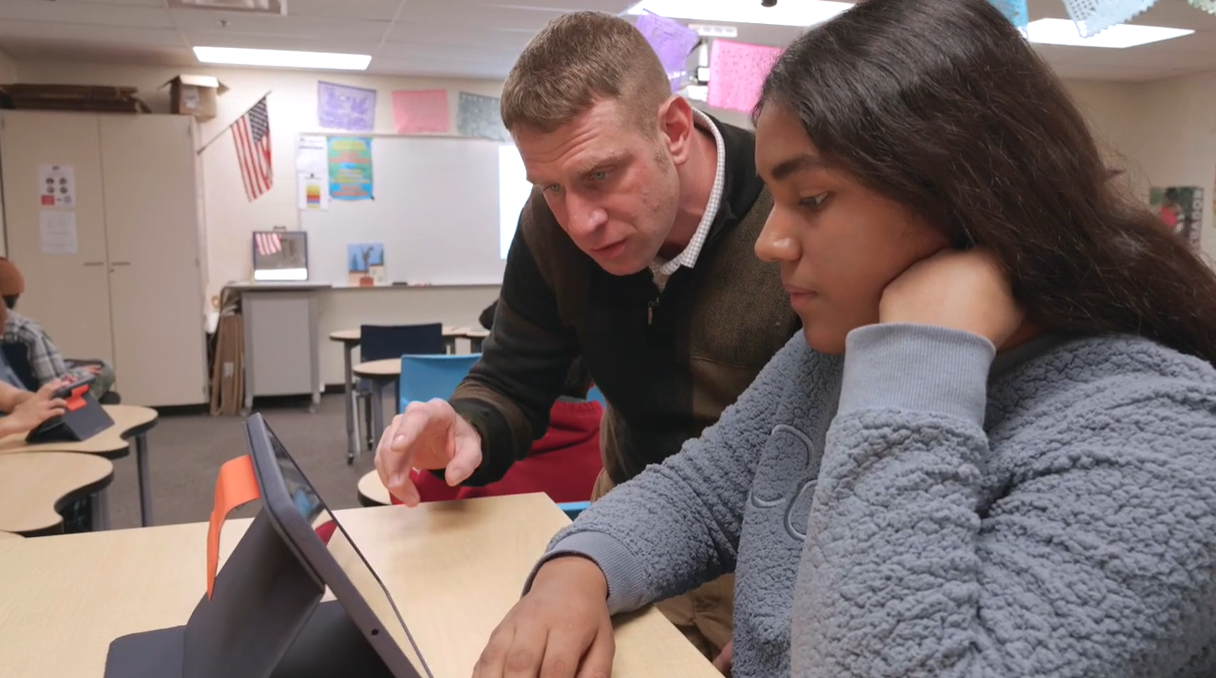Poetry and First-Person Narratives in a Language Class
Kyle Lawton used selected poems from the poetry section of TeachingCentralAmerica.org to incorporate Central American voices into his language classes at Springlake High School in Springlake, Minnesota.
He used Otto Rene Castillo’s “Apolitical Intellectuals” to spark student conversations about the relationship between art, politics, and social responsibility. William Archila’s “The Line” gave students an introduction into themes of migration, memory, and belonging. Lawton said:
These poems allowed students to critically analyze literary techniques while also deepening their understanding of the historical and cultural contexts that shaped the authors’ work. Students responded strongly to the ways the poets articulated both personal and collective experiences of war, displacement, and identity.
In addition to the poetry anthology, Lawton taught lessons from “When We Were Young There Was a War,” which presents testimonies from children who lived through the Salvadoran and Guatemalan civil wars. Lawton shared:
These first-person narratives created a human connection for my students, helping them move beyond abstract history to see the direct impact of conflict on young people like themselves. By pairing these testimonies with poetry, students gained a fuller picture of Central American experiences — combining literary expression with lived history.
These lessons not only met curricular goals in literature and history, but also fostered empathy, global awareness, and a recognition of the resilience and creativity of Central American communities.


